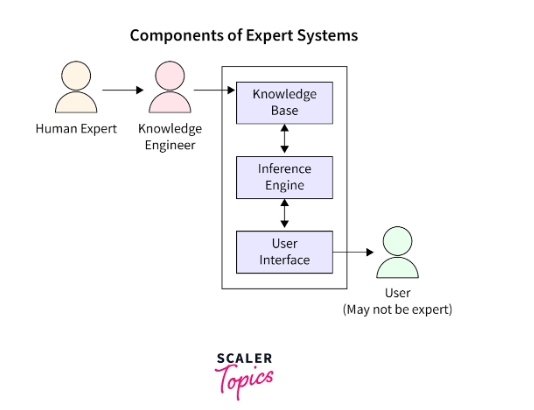Artificial intelligence (AI) has made significant advancements in recent years, with expert systems standing out as a prime example of the intricate architecture behind this innovative technology.
Building Blocks of Expert Systems
Expert systems are designed to mimic the decision-making processes of a human expert in a particular field or domain. They are made up of various components, including a knowledge base, an inference engine, and a user interface.
The knowledge base is where all the domain-specific information is stored, ranging from rules and facts to heuristics and algorithms. This knowledge is organized in a way that allows the system to make informed decisions based on the input it receives.
The inference engine is responsible for processing the information stored in the knowledge base and applying it to the problem at hand. It uses various reasoning methods, such as deductive reasoning, to draw conclusions and make recommendations.
The user interface serves as the bridge between the system and the user, allowing for easy communication and interaction. Users can input queries or data, receive responses and recommendations, and provide feedback to further improve the system’s performance.
Complexity and Flexibility
The architecture of expert systems is complex, with multiple layers of interconnected components working together to achieve a common goal. This complexity allows for a high degree of flexibility and adaptability, as the system can be easily customized and updated to meet the changing needs of its users.
Expert systems can handle a wide range of tasks and problems, from diagnosing medical conditions to recommending investment strategies. By leveraging their knowledge base and inference engine, they can analyze data, identify patterns, and make informed decisions in a fraction of the time it would take a human expert.
Applications and Future Developments
Expert systems have been successfully deployed in various industries, including healthcare, finance, and manufacturing. They have proven to be valuable tools in improving efficiency, accuracy, and decision-making processes.
Looking ahead, the architecture of expert systems is expected to become even more sophisticated, with advancements in machine learning and natural language processing. These developments will enable the systems to learn and adapt on their own, rather than relying solely on pre-programmed knowledge and rules.
In conclusion, exploring the intricate architecture of expert systems in artificial intelligence reveals the level of sophistication and potential they hold for revolutionizing various industries. By harnessing the power of AI, organizations can leverage expert systems to gain a competitive edge and drive innovation in an increasingly complex and data-driven world.

